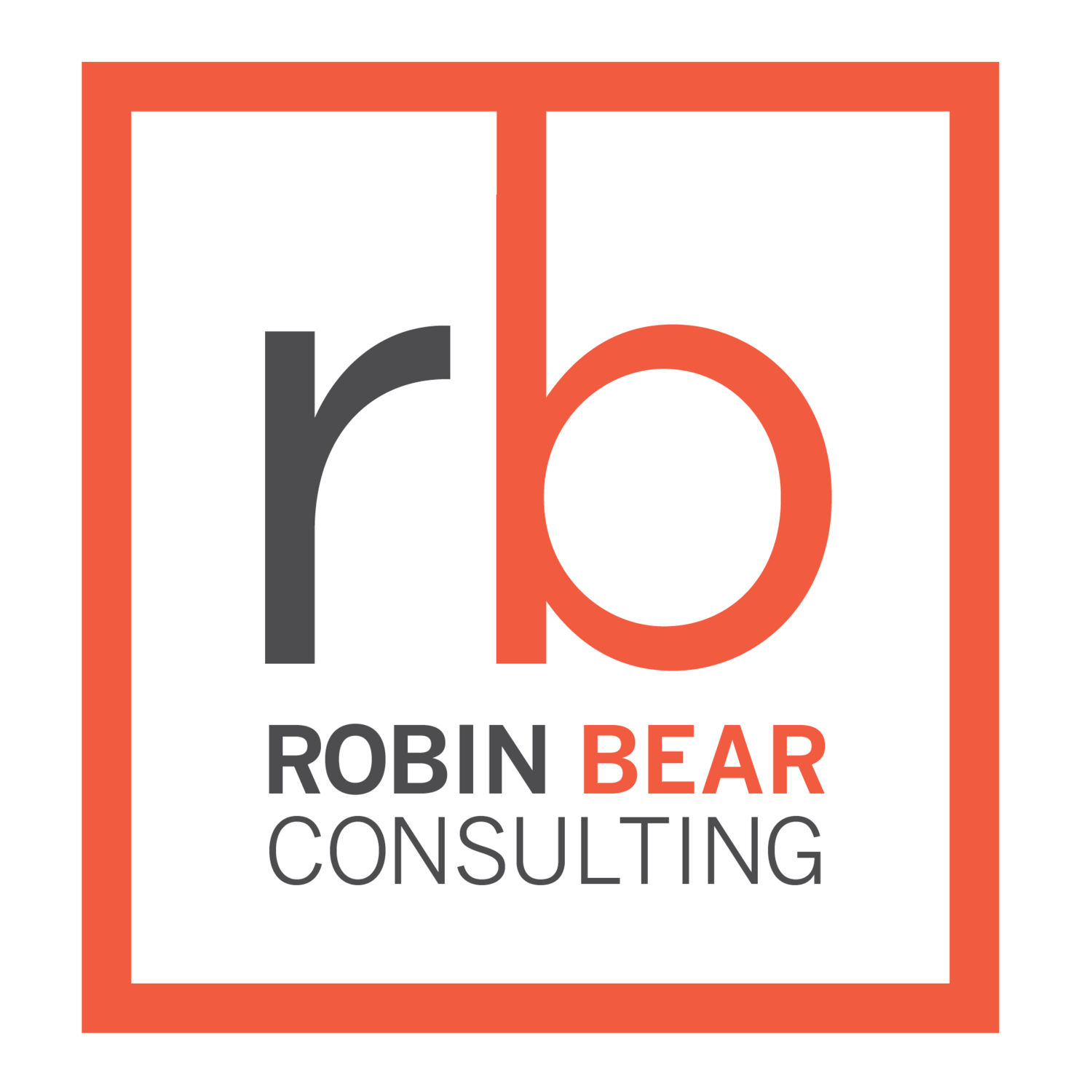The Strategic Value of a Patent for New Founders and Young Startups
Ask most inventors and founders why they doggedly pursue the long process of applying for a patent, and they may respond generally, “because it’s a good thing to have.” While a patent awards legal rights—along with an aura of accomplishment and a badge of honor—it can be worth much more to a young business than the ability to defend.
Gaining a deeper understanding of exactly why and how a patent can add value to a startup venture can lead to insightful ways to leverage your intellectual property and execute a proactive growth strategy for your new business.
Recent research measuring the impact of intellectual property rights has shown that the first patent for a new entrepreneur in a young company offers dramatic effects, more so than subsequent filings. These fledgling businesses experience significant growth in revenue and jobs creation after winning patent approval. On average, these startup companies hire 16 additional employees and boost sales by nearly $11 million during the first 5 years post-patent.
New businesses with patents are also more likely to receive capital funding than companies without such documentation. Why? Because a patent provides additional, verified information about your technology claim. This reduces some of the risk of the unknown entity, especially for as-yet-to-be-proven founders, businesses operating in highly competitive geographic areas, or specific technical industries.
According to the research, the chance of securing an asset based loan after patent approval increases by 76%. The opportunity to grow with venture capital jumps by 47%, further distancing the starting line for competitors without IP rights. Most of this venture funding occurs within 2.5 - 3.7 years after filing, and around 10 months after first action from the USPTO.
Patents offer value beyond the opportunity to defend your ownership of ideas. The intellectual property rights it grants can be monetized, transacted, and exchanged just like a piece of real estate. It can be collateralized for loans or serve as due diligence for venture funding. It can provide a way for an entrepreneur to reap the rewards of years of hard work by cashing out through an exit. A patent also can provide the technical basis for negotiating a licensing agreement or structuring a strategic relationship.
Creating a relationship that maximizes the value of intellectual property rights is a challenge for many entrepreneurs. To start, consider the unique aspects of the IP, your company and your evolving market. This process may reveal highly competitive areas or tangential gaps in the marketplace that you may be uniquely positioned to address through collaboration.
Structuring a relationship on the basis of your intellectual property can take many forms. You can create a strategic partnership or formal licensing agreement. You can explore various types of marketing relationships including white-labeling, co-branding or sales channel reseller agreements. The scope of possibilities depends on your company, its strengths and resources.
Each relationship should be evaluated for its ultimate benefit to your business. Specifically, you should consider the degree to which it executes on both the immediate and long-term strategy. Does the relationship open up a market? Does it establish credibility? Does it have the potential to deliver exponential—not just incremental—growth?
Many startups fall into the trap of misidentifying a large business development opportunity with a strategic relationship. Big customers are essential for proving market traction, but use caution before allocating your full resources to them if the potential for strategic gain isn’t there or is short-lived. The size of the current relationship doesn’t always determine its future or ongoing value.
Regardless of the transaction or structure, these interactions can deliver tremendous value to a young company and should be considered as part of a proactive business growth strategy. Monetization and the extraction of value from ownership rights to intellectual property best occur when the right partner is identified and a custom relationship is purpose-built.

